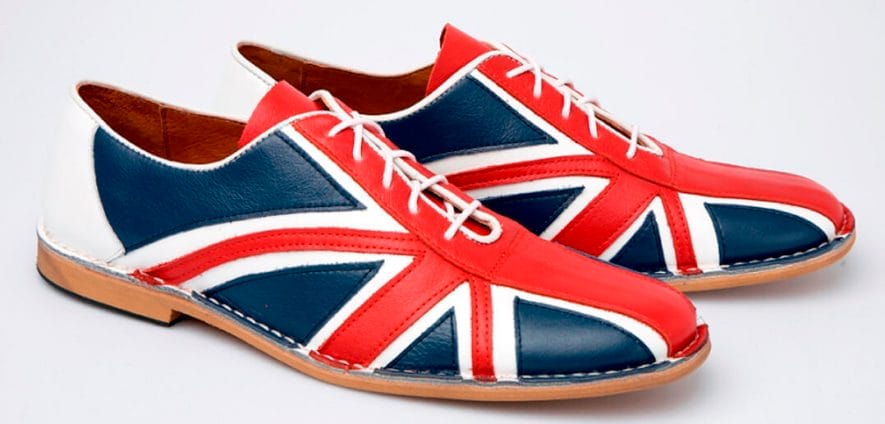Two years ago, in the UK, they held a referendum that eventually led to Brexit. On 29 March 2019, the United Kingdom will actually get out of the European Union (they negotiated a transitional period until December 2020 though). Yet, for the time being, many hazy situations and concerns still affect British businesses. In fact, a vast majority of them have not planned their post Brexit work yet. As for British government, they still have to decide whether opting for a “hard Brexit”, after which Great Britain would leave both the customs Union and EU common market, or a “soft Brexit” (at this point, England would stay in the EU customs Union, therefore preventing new customs duties on commodities trade). Prime Minister Theresa May has lately suggested a “provisional customs agreement”, which would be valid until December 2021. Meanwhile, though, Brexit effects are affecting some fashion brands (Clarks and Louboutin, for example) and their business. British footwear manufacturers are mostly concerned about international commercial exchange (both imports and exports), not only because of the relationship between English pound and other currencies, but also because they fear customs duties. “British Footwear Association acknowledges the paramount importance of the country of origin with regard to products that are manufactured, sold, exported and imported in the United Kingdom as part of prospective commercial agreements following Brexit”, pointed out, in his release, John Saunders, chief executive officer of BFA. He also emphasized that the association will directly deal with the Department for Business, Energy and Industrial Strategy (BEIS), which is currently consulting British business sectors to make some decisions subsequently. Waiting for the future, in England they focus on educational training. British footwear industry have just launched, for next autumn, a new apprenticeship standard, acknowledged on a national scale. It is going to last 12 to 15 months. Robert Perkins (from Hotter shoe factory and member of BFA board of directors) announced: “We do want manufacturing to grow in the United Kingdom: aiming at that, we absolutely need to develop our expertise for the future”. Stephen Bent, UK production manager at Dr Martens, added: “In the business there are many career opportunities, more than expected: a qualified apprentice will find a job easily”.
Brexit, two years later: the Brits have much uncertainty. British footwear manufacturers’ concerns and training plans











